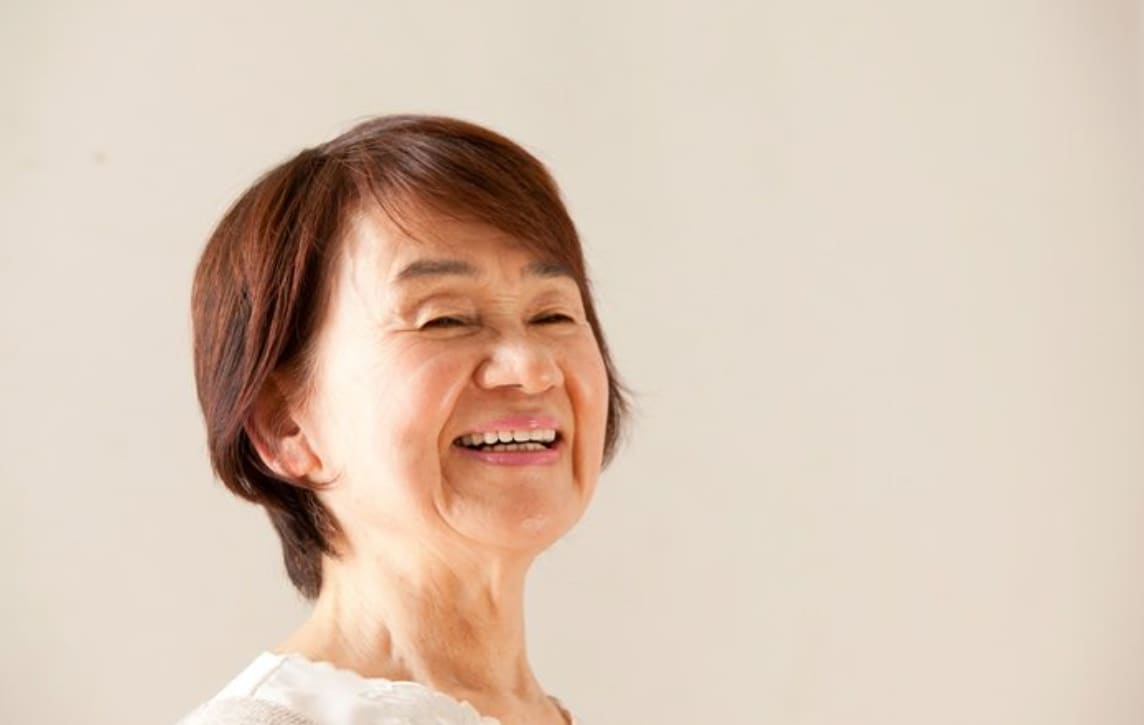As a veteran of the sandwich generation, who knows first-hand the pressures of life squeezed between the demands of caring for aging parents while raising my children, being told to take care of myself used to send me straight to the pantry for a sleeve of Oreos. Those seven little words, “You need to take care of yourself,” are well-intentioned, but so often misguided. As someone that others rely on, I am acutely aware how important it is that I stay healthy, but what wasn’t always obvious to me was how. How, with all of the demands on my time, the competing priorities, and the daily stresses of life as a caregiver, was I supposed to make my own health and well-being a priority? And so absent of any practical advice, I’d turn to chocolate. It may not have been self-care, but in the moment it was certainly self-soothing.
And then, during a particularly stressful period as a caregiver – both of my parents were hospitalized at the same time – I heard those seven words for the third time in one day and I couldn’t take it anymore. “I know I am supposed to take care of myself,” I barked at my well-meaning friend. “Do you have any idea how I can do that?” Her response was so simple, so actionable, that it changed my whole outlook on self-care for caregivers. “Make sure you are drinking enough water,” she said.
Drinking water is perhaps the easiest act of self-care you can take. It may not burn calories or decrease your blood pressure, but water helps your body transport oxygen and other nutrients to your cells, and, if you drink enough of it, increases your energy levels. Plus, water is accessible. So when my friend suggested it as a strategy, I realized that taking care of myself wasn’t unattainable after all. There were small but impactful steps I could take to improve my own well-being regardless of how demanding my caregiving situation was. And once I made drinking plenty of water a daily habit, I was inspired to add more healthy habits to my life. For example, I kept a pair of tennis shoes in the trunk of my car so that I could take walks whenever I had the opportunity, wherever I might be.
Now with a new year upon us, it’s a great time to add even more easy-to-implement self-care strategies. And so to inspire all of us, I asked some experts for their best ideas on how to do that. Here are four realistic approaches to self-care to try in the new year.
Schedule it.
Dr. Anna Yam, Ph.D., a clinical psychologist and founder of Bloom Psychology, says caregivers often take a very practical approach to their caregiving tasks. “To be successful, they start out from an internal place of strength, telling themselves that they can push through tough spots,” she says. “Self-care can be viewed in much the same light. It is possible to push through obstacles and allocate time to activities, big and small, that help keep us afloat.” Yam suggests identifying the things that make you feel recharged such as walking around the block, running 3 miles, or meditating for 3 minutes, and then adding it to your schedule.
Take care of the things that cause you stress.
Jillian Griffin, a Licensed Clinical Social Worker from Connecticut reminds us that, “Self-care is not just bubble baths and manicures.” For Griffin, self-care means figuring out how to be the least stressed you can be. That includes getting rid of toxic people from your life, paying off debt, being present with your loved ones, and taking care of your body.”
Accept help.
Aisha Moore, a stress management expert and public health consultant from Washington, D.C. says taking help when it is offered lessens stress levels. Her advice stems not only from her work coaching other women, but also from her years as a caregiver to her father. When Moore was 31, her father had a stroke and she became his primary caregiver. The stress and anxiety led her to go on short-term disability. “Many people offered to help me but I didn’t accept it because I didn’t think I needed it. I didn’t want to burden others,” she says. “If I had to do it again, I would accept all offers for help so that I would have been able to lighten my load from the beginning.”
Include family.
Perhaps my favorite piece of advice comes from Brittany Ferri, an occupational therapist and owner/founder of Simplicity of Health, LLC in Rochester, New York. Ferri recommends including the people you care for in your self-care routines. She says if you find it challenging to find the time to do the small things that bring joy to your life, then include the person you care for in those activities. “If you love cooking, but don’t usually have the time, find a way for your loved one to participate. If they are able to, pick a task for them to help with, such as sorting ingredients, stirring, or reading the recipe aloud to you. These tasks can help you do what you love while still maintaining your responsibility as a caregiver.”
Ultimately, self-care should be something that de-stresses you, not something that causes stress. Start with one small change or positive addition to your routine and build from there. When you take a realistic approach to incorporating healthy and positive habits, you’ll find that in fact you can take care of yourself while taking care of others.
Liz O’Donnell is the founder of Working Daughter and the author of Working Daughter: A Guide To Caring For your Aging Parents While Making A Living.
For caregiving support, information and resources contact a Senior Care Advisor at Care.com. We are master’s-level social workers specializing in adult and senior care. Call us today at (855) 781-1303 x3 or email questions to careplanning@care.com


